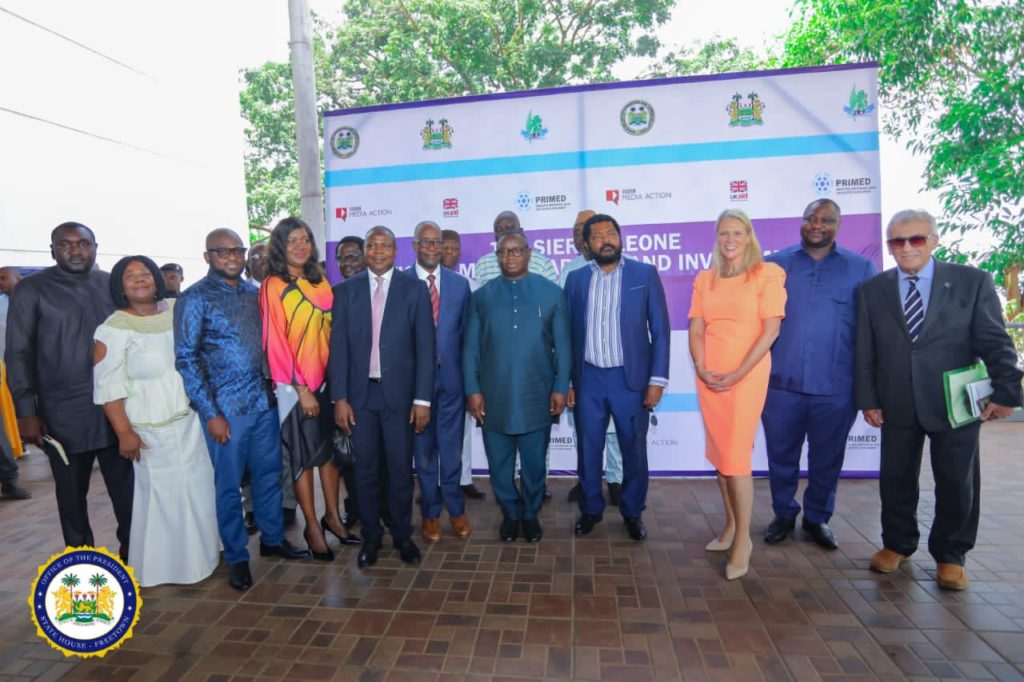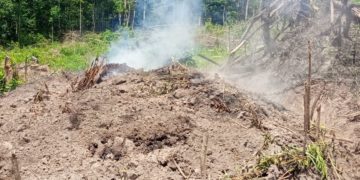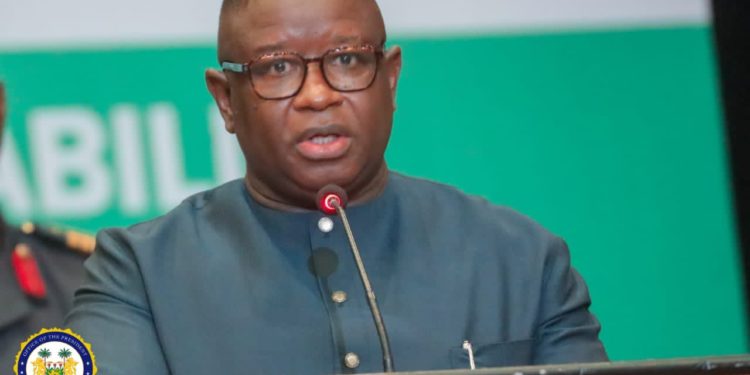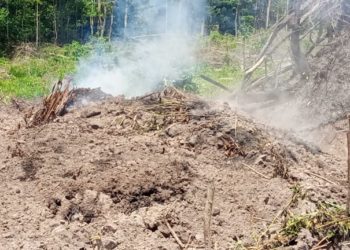Sierra Leone’s President, Julius Maada Bio, has urged the country’s media to espouse professionalism, noting that it is the only solution to ending misinformation and disinformation, which he believes has deprived citizens of the right to make informed decisions.
Bio told delegates at the first media investment conference in the country that only a professional and ethical media can ensure an open civic space for the participation of all in the democratic process of the country.
“Citizens can understand and are able to freely express themselves in an open society where transparency and democratic norms burgeon,” the president stated in the keynote statement on the first of the two-day event that started on Thursday, April 21.
The conference is a fulfillment of a campaign promise of President Bio who says it’s his desire to see an independent media which can keep government “honest and accountable.”
The government collaborated with the umbrella Sierra Association of Journalists (SLAJ) to convene the event which is ongoing at the Bintumani Hotel in the west end of Freetown.
The organizers say the event, dubbed: ‘National Media Viability and Investment Conference, was designed to diagnose the systemic challenges facing the media and identify solutions to woo potential investors.
Poverty has impacted on particularly professionalism in the media, so that, in the view of President Bio, media practitioners have become tools for politicians to spread misinformation for political gains.
“We see partisans deliberately and increasingly spreading misinformation and disinformation in order to widen social and political tensions,” Bio lamented in his statement, a copy of which was shared via social media by the presidency.
He added: “Fewer opposition politicians make a good-faith effort to discuss policies and views on how we can develop this nation. There is anecdotal evidence of their association with groups or persons who spread untruths even about what is good for this country. Unfortunately, even a few mainstream media practitioners embrace the worst of these unethical practices.”

The conference was also a major campaign promise for SLAJ President Ahmed Sahid Nasralla, who was elected in 2019.
Mr Nasralla said on on Thursday that it marked the beginning of efforts to address the challenges facing the media in Sierra Leone, which has contributed to entrenched poverty, thereby occasioning unprofessional journalism.
“There is no better time this media investment summit could have come other than now, almost two years after the historic repeal of the criminal and seditious libel law,” he said in his statement.
Like this conference, the repeal of the criminal libel law was also a political campaign promise by the Bio administration.
For SLAJ and its media development partners, one important reason for the repeal of that law was that it stifled any chance of private sector investment, due to its draconian effects.
“Following the repeal, the expectation of the public was to see a media industry with heightened professional and ethical practice but to SLAJ, and other media stakeholders, the major concern was poverty of all the media. How do we lift the media out of poverty,” said Nasralla.
The conference was convened with financial and technical support from the Foreign, Commonwealth & Development Office of the UK through the BBC Media Action.
The outcome of the conference is expected to provide a blueprint and road map to encourage investment in the media sector in Sierra Leone.




















